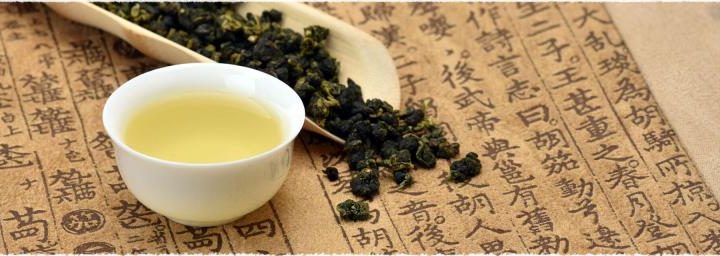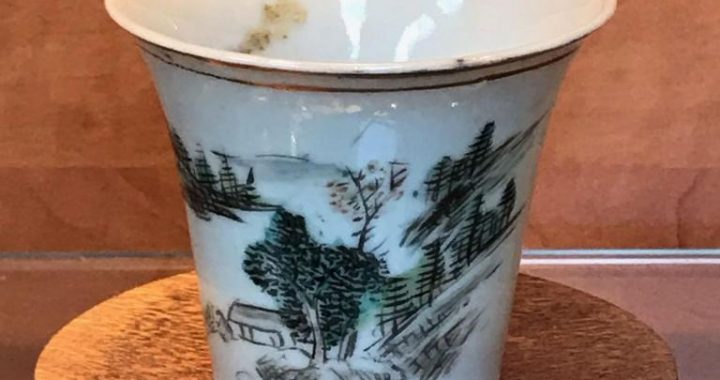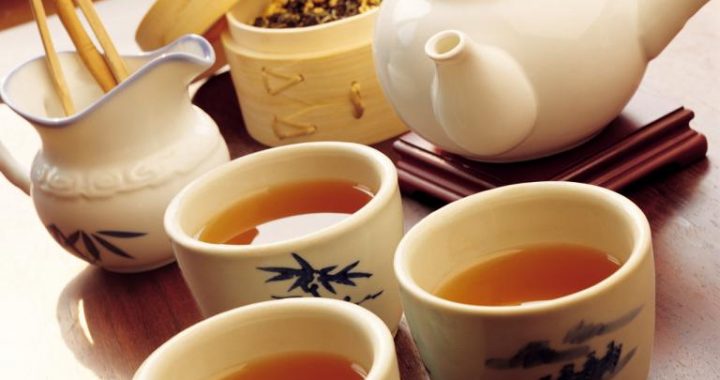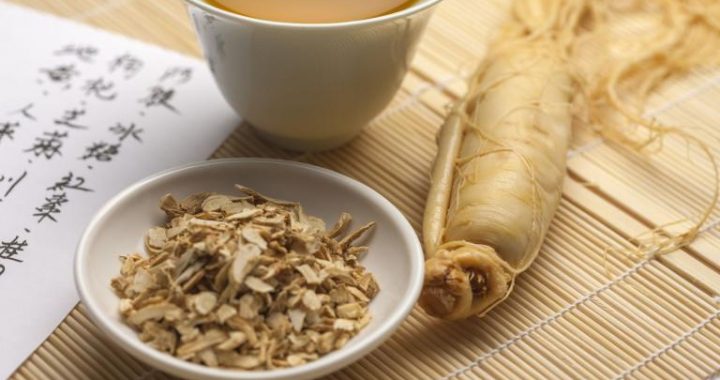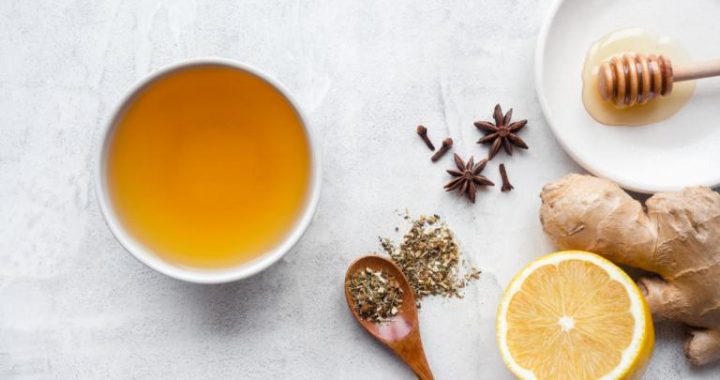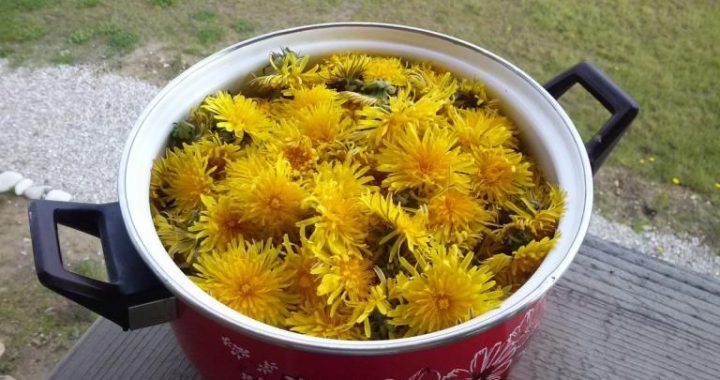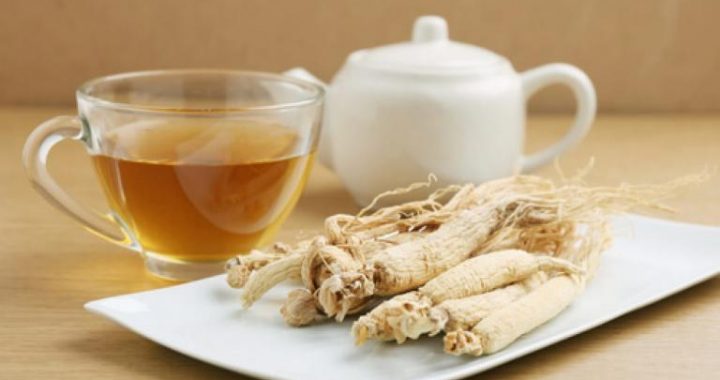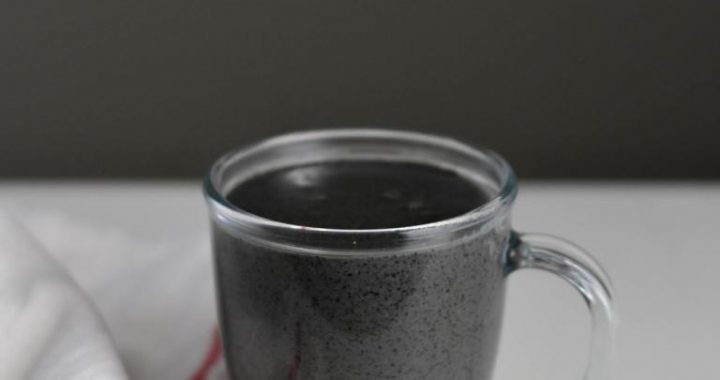Clarify the purpose of buying Pu-erh tea
2 min readAsk yourself several questions before buying.
First, why do you want to buy Pu-erh tea? For drinking, collecting or decoration?
Most people prefer to drink processed tea, as it can be enjoyed straightaway. But it takes time to discover what works for you. Tea is a romantic drink. Tea lovers look for good taste but are likely to be cheated when buying tea. The tea may look good but may not live up to the expectations after brewing.
Identifying good tea takes time and is an intrinsic part of the pleasure of tea. Right attitude is very important. Taste the tea before buying. Pay attention to the endurance of the tea and the color and taste of the tea liquid and your physical reaction after drinking it.
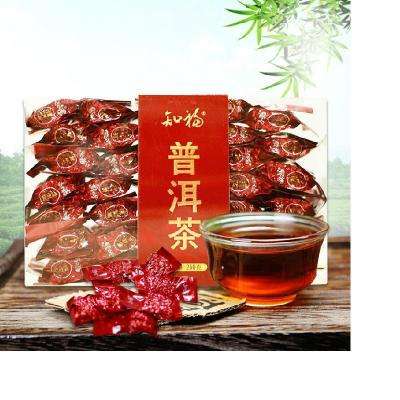
Collecting Pu-erh tea to make profit might not be a ratio-nal idea at all for inexperienced collectors. The selection itself involves many considerations. Besides quality, there are other considerations too, such as the available stock, market opinion, public recognition of the tea, etc.
If you want to store for drinking later, after the tea is fermented and the mellowness comes out, you need to pay attention to the raw materials and techniques affecting the fermentation of the tea.
For ornamentation, pay attention to its appearance, shape and color and historical significance.
Second, what kind of taste do you like? What is your type of Pu-erh tea?
Would you choose raw tea, processed tea, tea of tender sprouts or of old coarse leaves?
There is a big difference between raw tea and processed tea and its types. For example, tender shoots are soft and sweet, old coarse leaves are mellow, first and second batches of spring tea are less bitter than summer tea. Other differences arise from different fermentation seasons, different producers, different preservation periods or production years, etc.
Select the tea that makes you feel good. Some people have obvious adverse reactions to raw tea, such as digestive disorder, sleeplessness, excessive hunger pangs, and palpita-tion. Comparatively speaking, processed tea is less agitating though some may find it keeps sleep away.
Third, what is your budget?
Differences in the quality of tea result in a price range variation-ranging from less than one hundred to several thousand yuan. The single key factor distinguishing between kinds of tea is their price. From 20-30 yuan to several thou-sand to even several hundred thousand yuan a cake, different types of Pu-erh tea find their buyers on the market. Decide on a price range within your budget, and then you can begin look-ing for the tea of your choice.
